Trust & Estate Litigation
When Business and Legacy Collide: A Guide to Trust & Estate Litigation
Business owners of all stripes and experience levels must be prepared to protect their assets and settle disputes, potentially in court. Legal issues come in many forms, including everything from simple breach of contract claims to complex trust disputes. Whether you're a beneficiary, trustee, heir, or business owner involved in an estate or trust conflict, understanding your legal rights is essential. Trust and estate litigation arises when someone contests the administration or distribution of assets, and these disputes can significantly impact families, partnerships, and corporate continuity.
What Is Trust & Estate Litigation?
Trust and estate litigation refers to legal disputes that occur during the administration of a will or trust. These cases often involve:
- Claims of undue influence or lack of capacity
- Trustee misconduct or breach of fiduciary duty
- Disagreements among beneficiaries
- Contested wills or trust documents
- Disputes over business interests held in a trust or estate
- Unlike standard probate or trust administration, litigation brings these issues into court, where evidence is presented and a judge determines the outcome.
Common Scenarios That Lead to Litigation
- Business Ownership Disputes in a Trust
When a family business or closely held corporation is placed in a trust, disagreements can arise over who controls or inherits the company. These disputes often lead to claims that the trust was misinterpreted, amended improperly, or executed under pressure. - Breach of Fiduciary Duty
Trustees and executors have legal duties to act in the best interests of the estate or trust beneficiaries. When they fail—whether by mismanaging assets, withholding information, or acting in self-interest—they can be sued for breach of fiduciary duty. - Contested Wills and Trusts
Questions of undue influence, fraud, or mental incapacity are common in contested estate cases. Family members or business partners may challenge a document’s validity or argue that amendments were made improperly. - Disputes Among Beneficiaries
Differing expectations, unclear instructions, or unequal distributions can spark emotional and financial conflicts. These disputes are especially common in blended families, business succession plans, or high-value estates.
How Leo Law Office Can Help
At Leo Law Office, we represent clients across Solana Beach and San Diego County in trust and estate litigation matters. We understand the complexity of these cases—especially when business interests, family dynamics, and legal responsibilities overlap. Whether you're looking to contest a trustee's actions, defend yourself against a challenge, or enforce your rights as a beneficiary, we provide strategic counsel with a focus on resolution and results.
Take the Next Step
Trust and estate disputes can be overwhelming, but you don’t have to face them alone. Contact Leo Law Office today to schedule a consultation and discuss how we can help protect your rights, your legacy, and your peace of mind.



